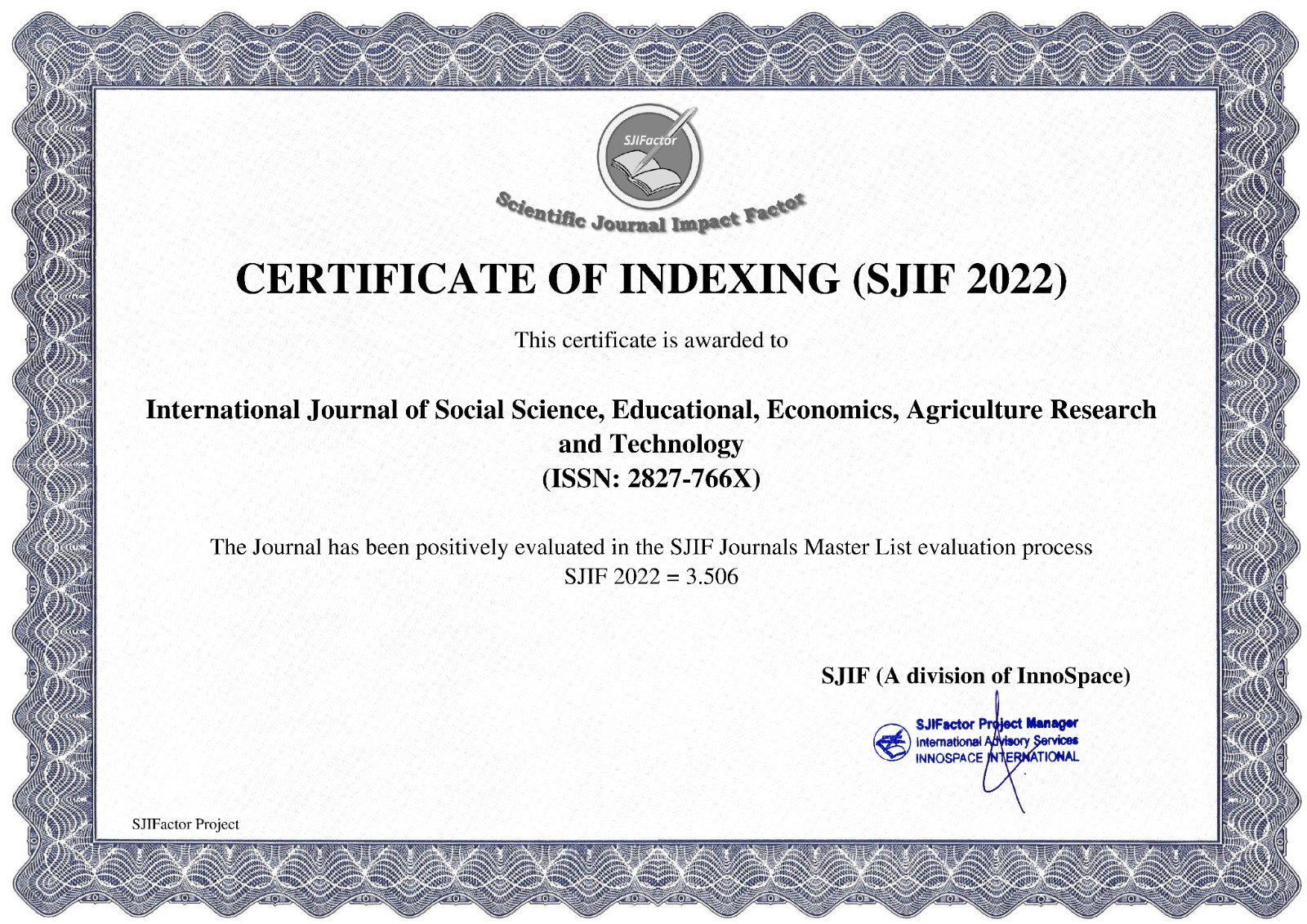CLASSROOM ACTION RESEARCH AS AN EFFORT TO IMPROVE THE QUALITY OF LEARNING
Main Article Content
Mudzalifah
Satria Zeki
Classroom Action Research (CAR) is a reflective and systematic approach undertaken by teachers to improve the quality of learning in their own classrooms. This article comprehensively discusses all stages of CAR, from the introduction to the concept, history and development, characteristics and basic principles, problem identification, action planning, implementation and observation, reflection and data analysis, report preparation, and the implications and challenges of its implementation. CAR positions teachers as active researchers capable of designing solutions based on classroom context and learning theory. Through a literature review from various sources, such as Arikunto (2010), Purwanto (2023), Sinaga (2024), and Usman et al. (2019), this article emphasizes that CAR is not merely an administrative obligation, but rather a professional process that empowers teachers and students. In-depth reflection and valid data analysis are at the heart of the CAR cycle, enabling continuous improvement. The implications of CAR include improving teacher competency, active student participation, strengthening a research-based school culture, and contributing to educational policy. This article also identifies various challenges in implementing CAR, such as time constraints, methodological understanding, and structural support. Recommendations include ongoing training, institutional support, and the integration of CAR into teacher professional development systems. With the right approach, CAR can be a catalyst for sustainable and meaningful educational transformation.
Arikunto, S. (2010). Penelitian Tindakan Kelas. Jakarta: Bumi Aksara.
Corey, S. M. (1953). Action Research to Improve School Practices. New York: Teachers College Press.
Elliott, J. (1991). Action Research for Educational Change. Buckingham: Open University Press.
Lewin, K. (1946). Action research and minority problems. Journal of Social Issues, 2(4), 34–46.
Maslow, A. H. (1954). Motivation and Personality. New York: Harper & Row.
Piaget, J. (1970). Science of Education and the Psychology of the Child. New York: Orion Press.
Purwanto, E. S. (2023). Penelitian Tindakan Kelas. Yogyakarta: Eureka Media Aksara.
Rogers, C. R. (1969). Freedom to Learn. Columbus, OH: Merrill.
Sinaga, D. (2024). Buku Ajar Penelitian Tindakan Kelas. Jakarta: UKI Press.
Stenhouse, L. (1975). An Introduction to Curriculum Research and Development. London: Heinemann Educational Books.
Stringer, E. T. (2007). Action Research (3rd ed.). Thousand Oaks, CA: Sage Publications.
Usman, J., Mawardi, M. S., & Zein, H. M. (2019). Pengantar Praktis Penelitian Tindakan Kelas. Banda Aceh: AcehPo Publishing.
Vygotsky, L. S. (1978). Mind in Society: The Development of Higher Psychological Processes. Cambridge, MA: Harvard University Press.






















